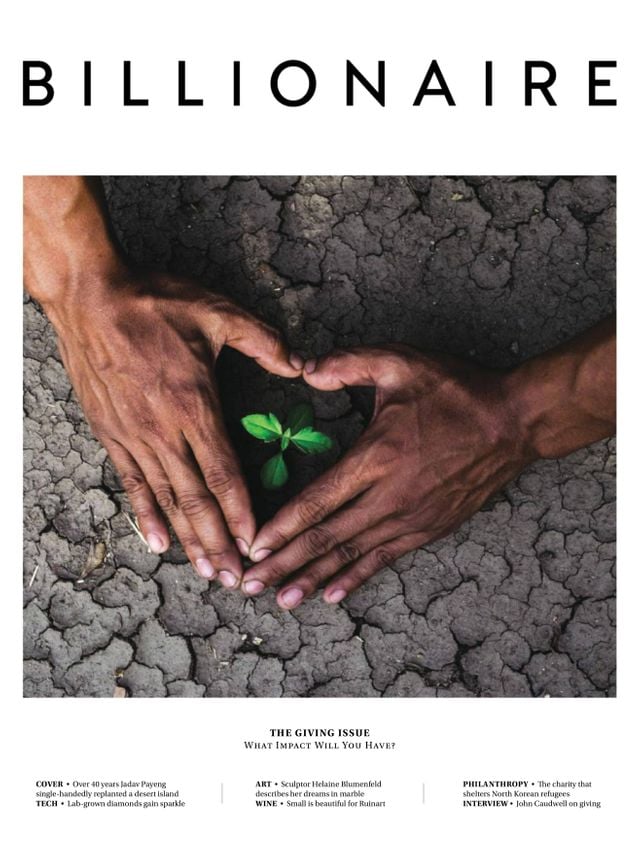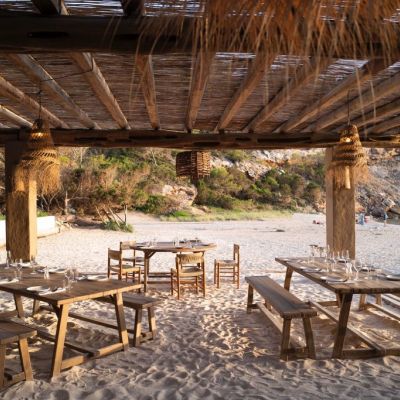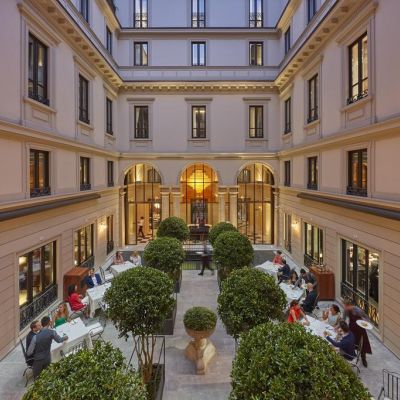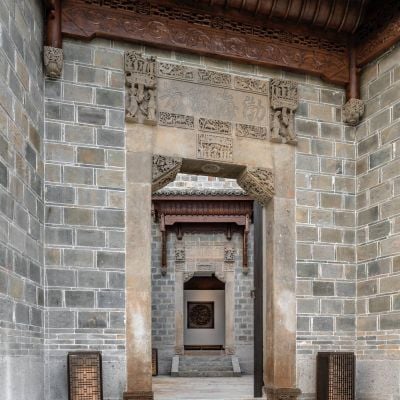Wildest Dreams
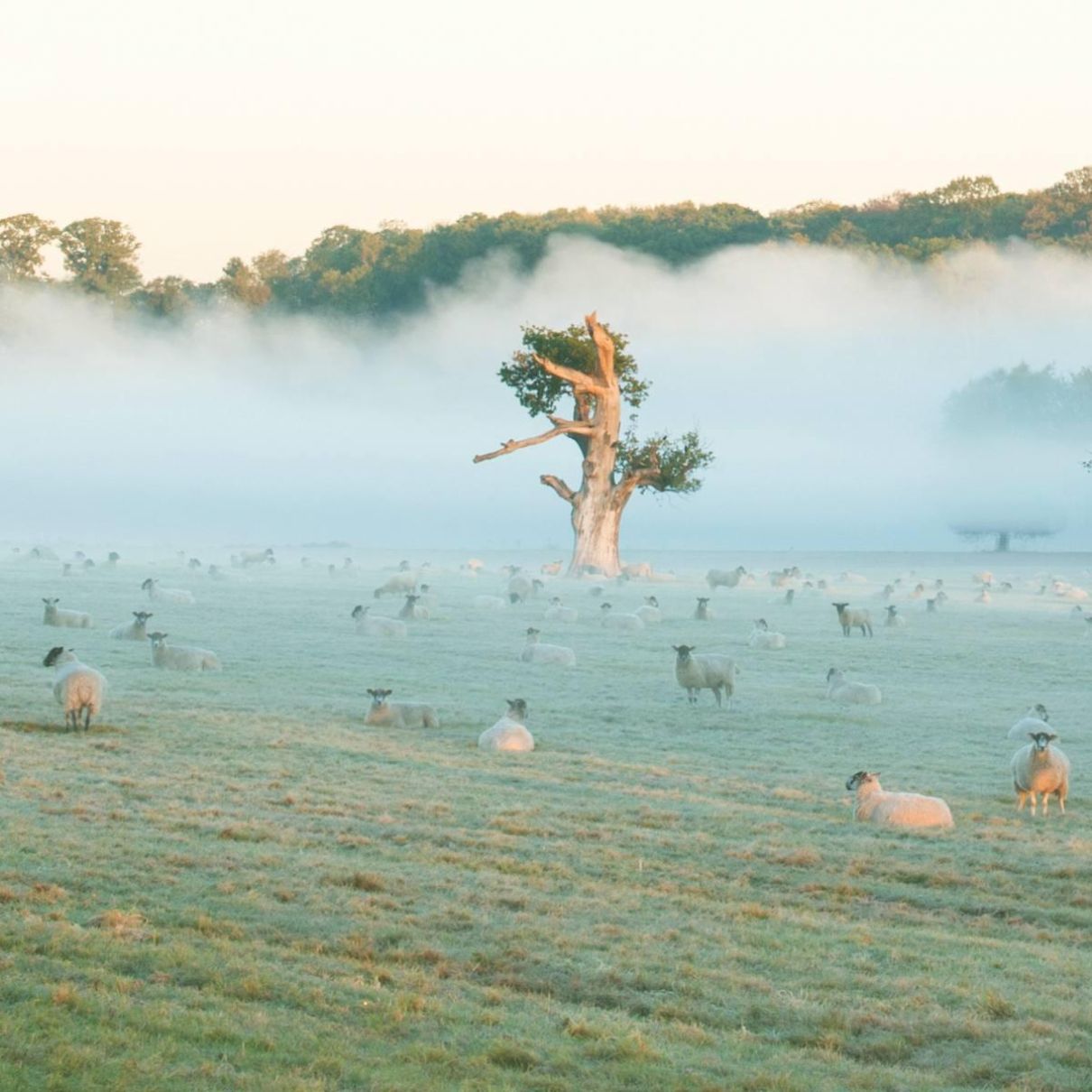
Philanthropists and idealists are ensuring parts of Britain are going back to the wild.
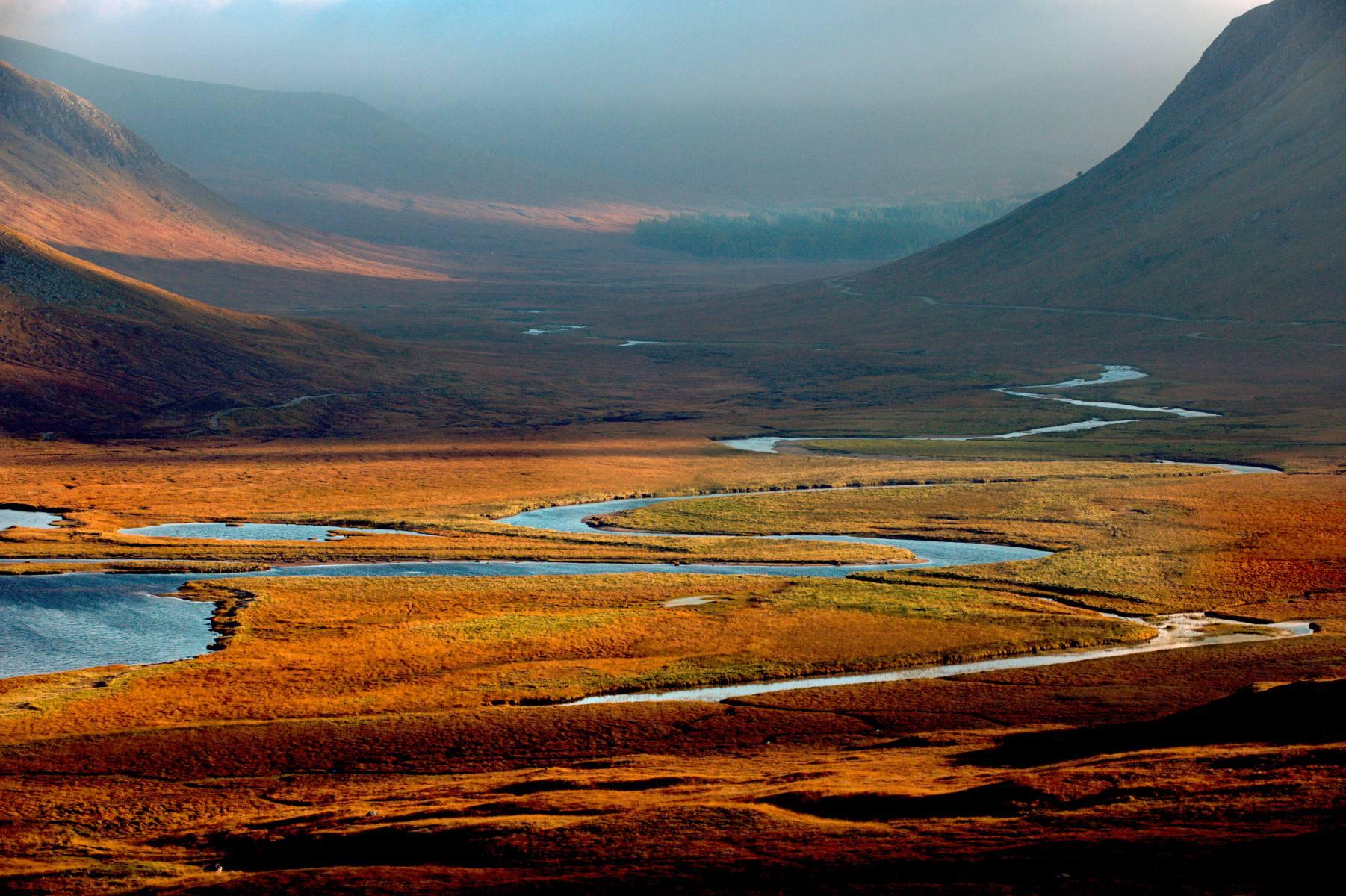
An unusual trend is evident in Britain’s countryside. Vast tracts of land have been purchased only for nature to take over.
Chunks of the crowded, farmed and village patchwork of Britain are gradually being ‘wilded’ by estates: there is the Wilderness Reserve in Suffolk; Wildland and Alladale Wilderness Reserve in the Scottish Highlands; and Knepp Wildlands in Suffolk.
Behind these ‘wild’ names are wealthy backers: philanthropists and idealists who are embarking on projects that will last long beyond their own lives.
“We call it wildlands philanthropy,” explains Paul Lister, self-described “custodian” of Alladale Wilderness Reserve and founder of The European Nature Trust.
This new form of philanthropy was pioneered by the late Doug Tompkins and his wife Kris in the 1990s. On selling his shares intwo outdoor brands he founded (The North Face and Esprit), the Tompkins started buying up swathes of southern Chile and Argentina under threat from hydro-electric and agriculture projects. Over several decades of campaigning against dams, tearing down fences and careful conservation, the land was slowly ‘re-wilded’ and eventually gifted back to the governments of Chile and Argentina as national parks.
“They’re mentors of mine,” says Lister, who also owes his wealth to retail, his father having founded the British furniture chain MFI. His own conservation ambitions include The European Nature Trust, which is “about connecting people to nature and preserving mountain forest eco-systems from Transylvania to Asturias and Abruzzo”.
But it is at Alladale in Scotland where Lister’s plans for rewilding are most ambitious. He bought it in 2003 and plans to restore wolves, Scotland’s original apex predator, in a 50,000-acre enclosed area.
Returning the food chain to its natural order is the ultimate goal of re-wilding and, Lister argues, Scotland is in dire need of it having been artificially overpopulated with deer for sporting purposes. But there is another reason for the return of the wolves. “People don’t go to Africa to see a zebra. They go to see the ‘big five’,” says Lister, explaining the tourism benefits of re-wilding. “People will be able to stay in our lodges and cottages, as well as local hotels, B&Bs and campsites.”
Even without wolves there are benefits in the re-wilding. “We’ve seen our business grow towards eco-tourism,” Innes Macneill, the reserve manager, explains from Alladale Lodge, which is available for guests to rent. “People are coming up here to enjoy the peace and quiet, and enjoy the stars at night.”
The same sentiment is felt on the other side of the Scottish Highlands at Corrour Estate. “People are looking for something more pure,” says Philip Dean, Corrour’s estate manager. “Inevitably growing numbers are interested in what’s going on [with the conservation].”
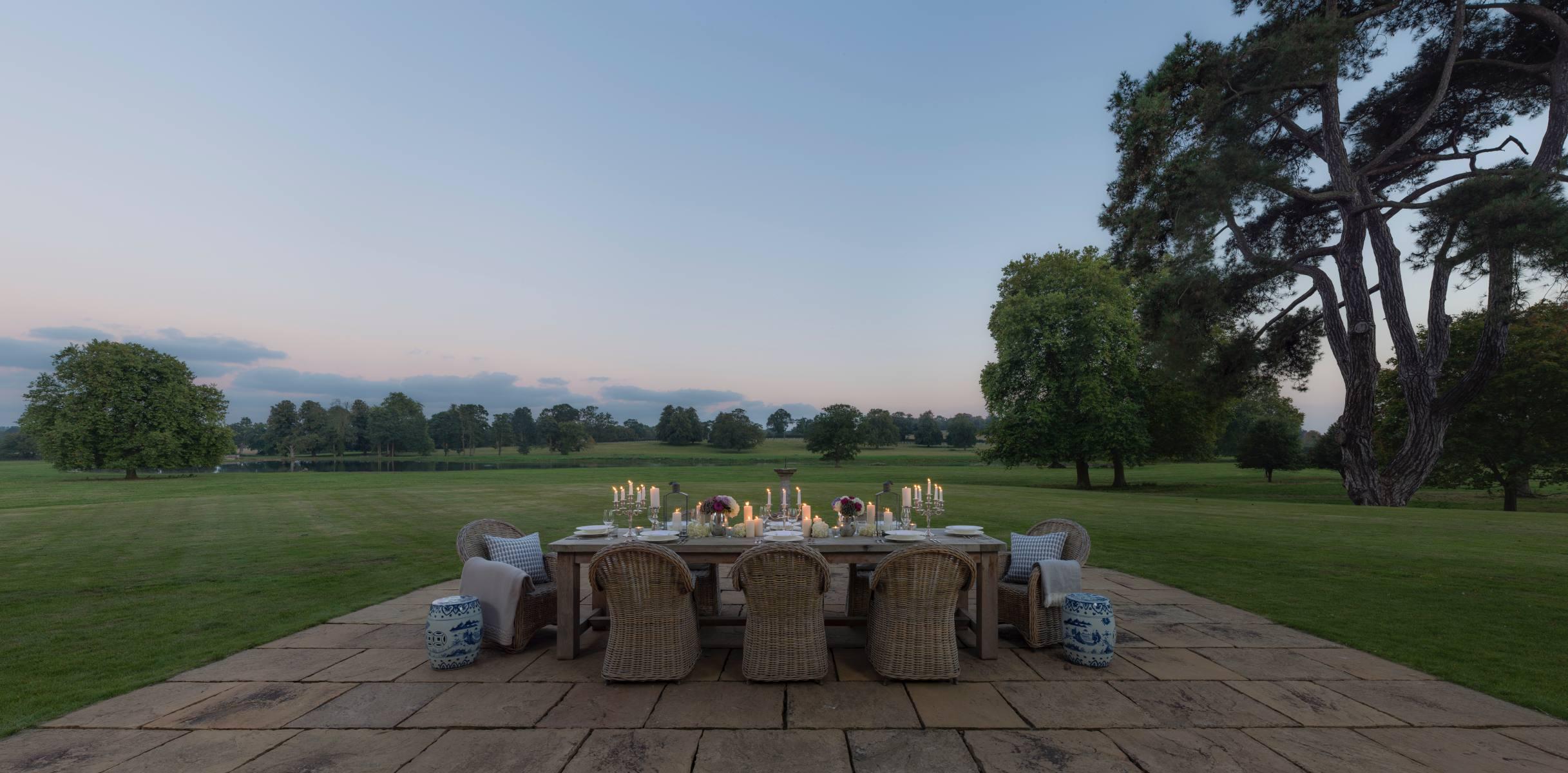
Corrour is another estate under relatively new ownership. It was bought by Lisbet Rausing, daughter of Tetra Pak billionaire Hans Rausing, in 1995 when the ecological health of the estate was suffering. “This is a landscape that had been overgrazed by a lot of red deer,” explains Dean. “Then there was a seismic shift towards conservation.”
The conservation philosophy changed to let “nature take its natural course without significant pressure from one species group”, says Dean. Unlike Lister’s form of re-wilding, there are no plans for wolves.
“We are reducing deer numbers from about 20 per square kilometre to fewer than five. This allows the natural regeneration of ground flora and trees, as well as improving the health of the remaining deer,” according to Rausing.
Paying guests of Corrour will therefore experience authentic Scottish uplands, although their accommodation will be nothing of the sort. Upon purchase, Rausing commissioned architect Moshe Safdie to rebuild Corrour Lodge, its previous incarnation having been destroyed by fire in 1942. The striking new build at the end of Loch Ossian incorporates faint elements of a Scottish castle — towers, slotted windows and hanging tapestries — wrapped within glass spirals and angular edges.
While tourism here “is something on the side”, according to Dean, with the estate run primarily as a philanthropic endeavour, Jon Hunt of Wilderness Reserve takes a different view. “Farming alone won’t pay for a modern estate to survive. Real estate will,” he told the Financial Times in a rare interview.
Hunt should certainly know a thing or two about real estate, having sold Foxtons, the estate agency he founded, for £375 million. With funds from the sale he has slowly been buying up houses and farms in Suffolk, eventually amassing 5,000 acres and a portfolio of country houses and cottages that collectively sleep 100.
The real draw, however, is the wilderness. “Let it go wild and the wildlife arrives miraculously,” said Hunt, omitting the fact that his team has spent years planting over one-million new trees, dredging and restoring 20 acres of lakes and wetlands in one of the country’s largest earth-moving projects and clearing six miles of concrete road.
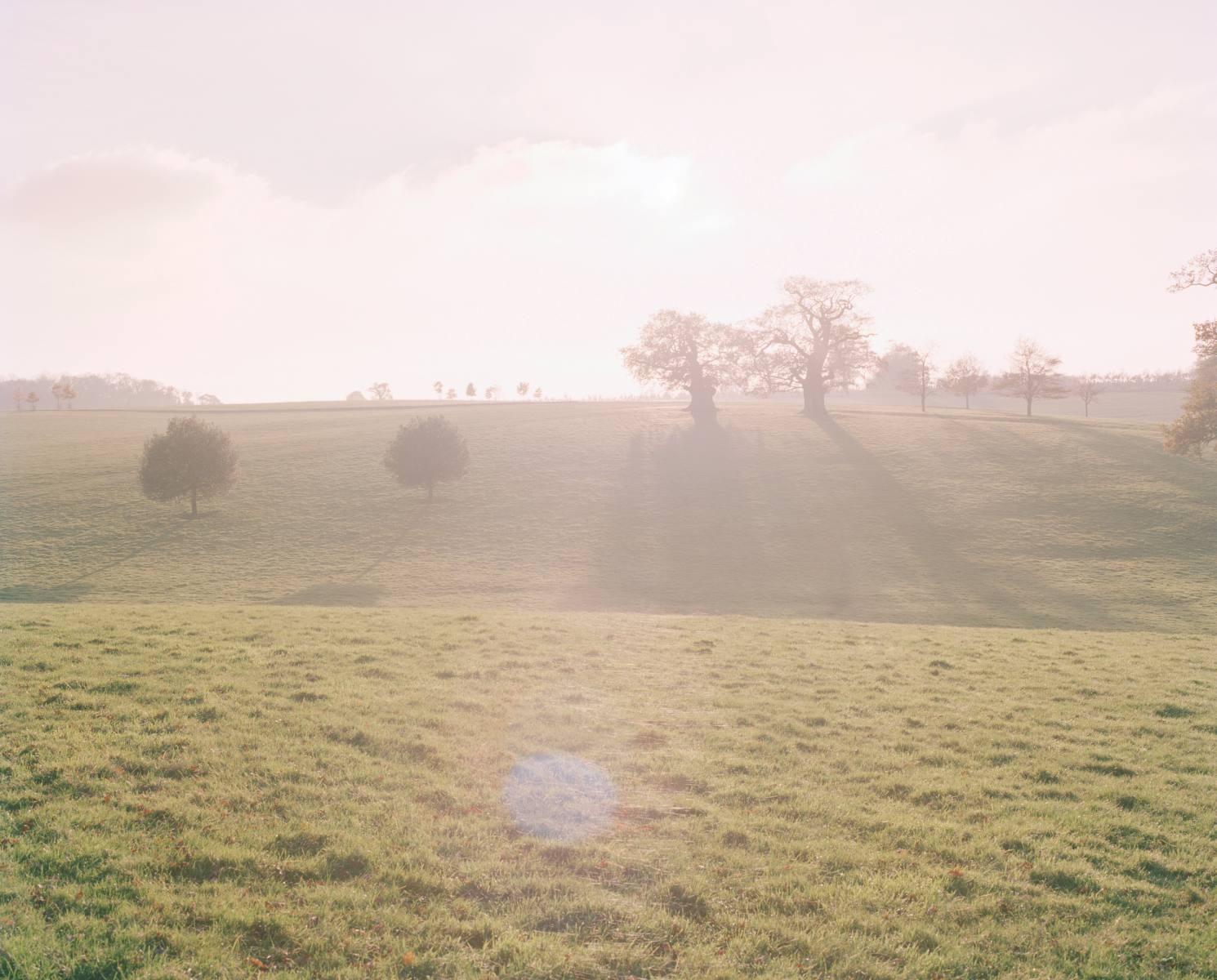
These large-scale projects are impressive but not integral to re-wilding. One of Britain’s most-praised schemes is a failed farm in West Sussex. Having attempted to compete against industrialised farms for 17 years, in 2002 Sir Charles Burrell made the drastic decision to let nature run its course at Knepp, a 3,500-acre estate that has been in his family for 220 years.
“Knepp is really about letting go, allowing nature to take over. It’s about sitting on your hands, with no expectations, and seeing what turns up,” says Burrell. Flora and fora has blossomed since the project began, but so too has eco-tourism. Tours that include ‘Bee Safari — morning’ and ‘Purple Emperor Safari — full day’ are quickly selling out, while a range of luxurious glamping sites accommodates longer-staying guests.
Although eco-tourism is on the rise and supplies a much-needed income for these admirable endeavours, their presence is always secondary to the encroaching wildlands. Call them idealists, philanthropists or custodians, the instigators of these projects do it for a love of nature. “I have fun doing it and it connects me to nature,” says Lister.
Rewilding is philanthropic in nature — in both senses.

